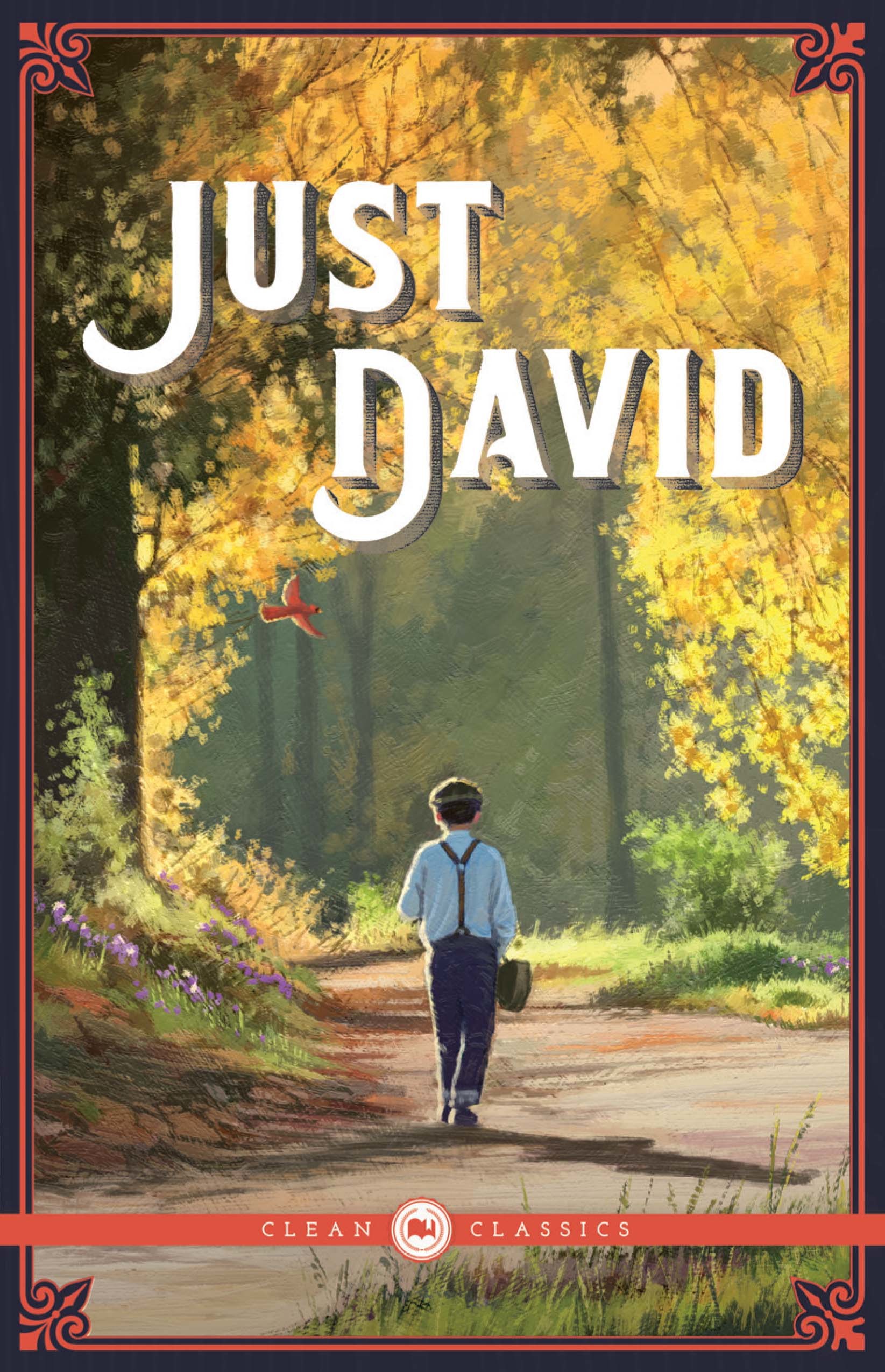The Unbeautiful World
byThe Unbeautiful World presents a turning point in David’s journey, not marked by physical adventure but by deep inner questioning. He is no longer the purely optimistic boy who viewed every moment as a melody. After giving up his precious opportunity for the Hollys’ benefit, he begins to wonder if that sacrifice brought him real joy or just a sense of obligation. The world around him, once seen through rose-tinted lenses, now appears complicated and at times painful. The simplicity of good versus bad feels muddled by contradictions he cannot ignore. He finds himself torn between the comfort of home and the allure of the greater purpose his father once spoke of. In his heart, David wants to believe the world is still beautiful, yet his encounters and emotions tell a more difficult story. It is not that he sees no beauty—but rather, he questions why it seems so hard to find.
His conversation with Mr. Jack reflects this inner turmoil. David is less interested in physical treasures like the gold coins and more intrigued by the dualities within the human soul. His question about how many “selves” Mr. Jack contains sparks a thoughtful discussion, though the man attempts to soften the tone with lightness. Still, David doesn’t laugh. He references literature, comparing human complexity to that of Dr. Jekyll and Mr. Hyde, signaling how he now sees people as layered beings capable of both kindness and cruelty. This idea unsettles him. Mr. Jack tries to explain that everyone battles their darker sides, but for David, this realization is more of a burden than a comfort. The boy has always believed in inner harmony, so this contrast feels disorienting.
David’s distress intensifies as he begins noticing moments in daily life that clash with his father’s teaching. He recalls words that described the world as filled with beauty and goodness, but now he notices tears in the fabric of that belief. Children cry. Grown-ups seem tired and burdened. There’s loneliness, misunderstandings, and quiet regrets—things his violin cannot fix. Even Miss Holbrook, the Lady of the Roses, shows signs of silent grief that David cannot name. These discoveries don’t anger him, but they confuse him deeply. If the world was made to be beautiful, why is so much of it broken? Why do people turn away from what could make them happy?
When he reflects on his earlier advice about finding happiness within, he begins to question whether such advice is useful when someone’s outside world feels so heavy. He tries to apply it to himself, but the effect is thin. Mr. Jack, meanwhile, listens more than he speaks. He senses David is struggling with the loss of simplicity, something that happens to anyone growing up—but he cannot force the boy to see what he has not yet come to accept. For Mr. Jack, David’s doubts mirror his own, unspoken fears and disappointments. He does not offer neat answers, because he knows life rarely gives them. What he does give, however, is presence—a willingness to let David wrestle with difficult thoughts, knowing that struggle itself is part of wisdom.
The beauty David seeks may not be lost but hidden beneath layers of human flaws and missed chances. He begins to understand that beauty isn’t just in music or flowers, but sometimes in forgiveness, in sacrifice, and in the quiet efforts people make to care for each other despite their imperfections. The kindness he once gave freely to others now circles back to him through those who worry about him and who want him to stay. Slowly, he begins to see that even a world with pain can still hold value. The beauty may not always shout—it may whisper. And perhaps, that whisper is what makes it real.
By the end of their conversation, nothing has been fully solved. Yet something has changed. David has not returned to his former certainty, but neither is he lost in despair. He is learning that life is not either/or—it is both: joy and grief, kindness and confusion. Mr. Jack, too, is changed, drawn into reflection about his role in Miss Holbrook’s sorrow and his part in David’s life. As they sit together in silence, both are joined not just by questions, but by the quiet realization that beauty, even in its unbeautiful forms, may still be found through connection, compassion, and the courage to keep looking.

